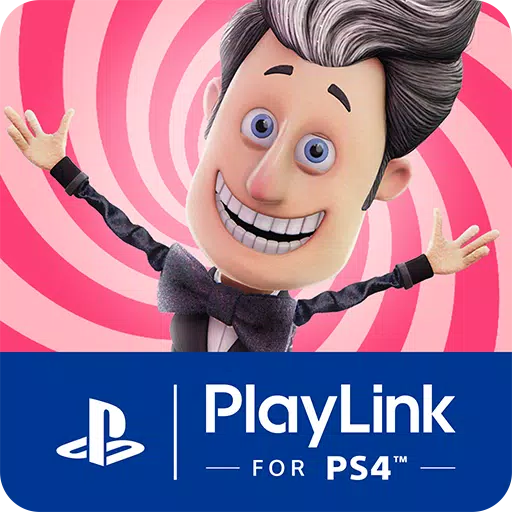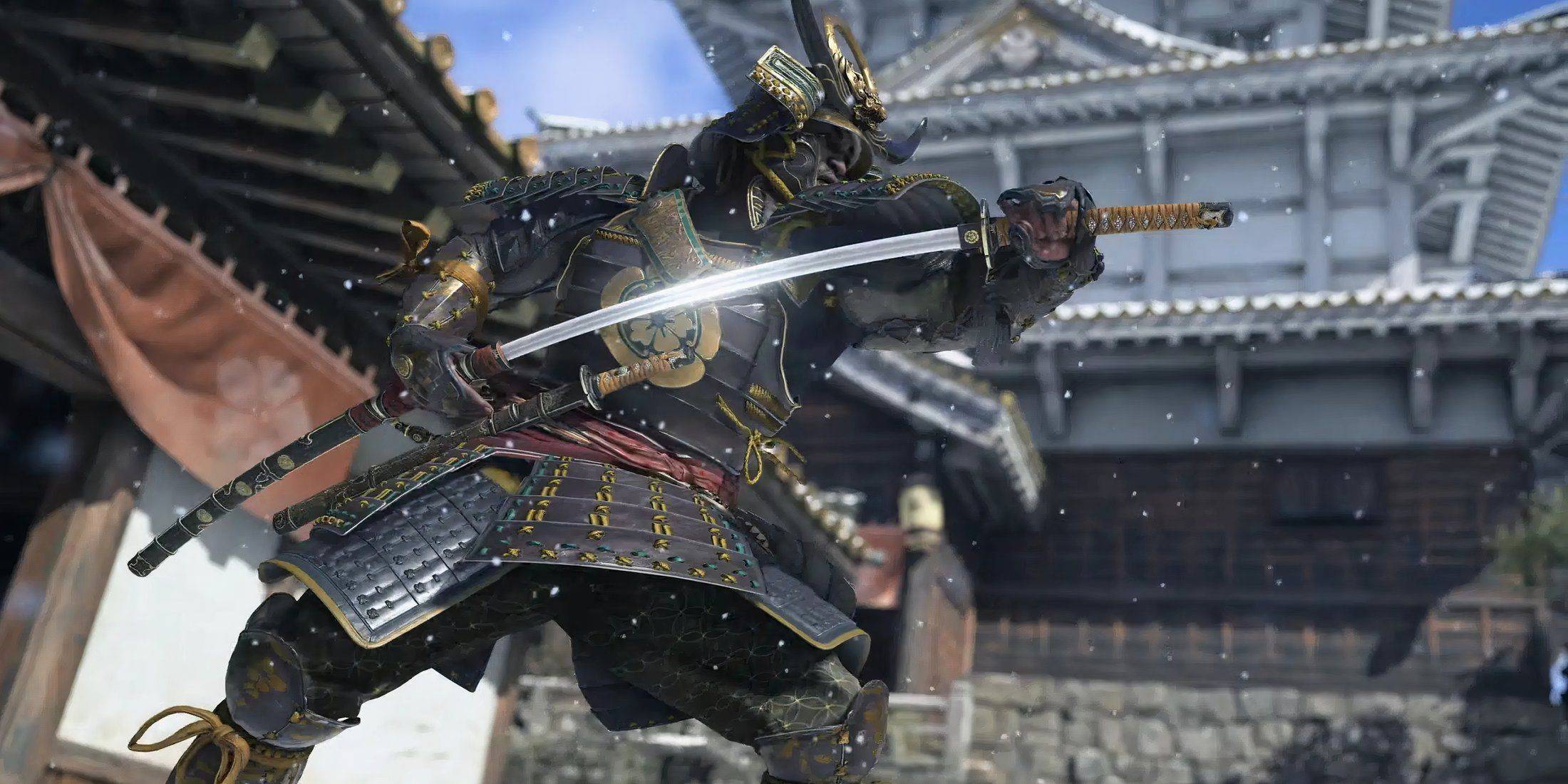Microsoft's recent venture into AI-generated gaming, inspired by the classic game Quake II, has ignited a heated debate across the gaming community. Utilizing Microsoft's Muse and the World and Human Action Model (WHAM) AI systems, the demo showcases a semi-playable environment created entirely by AI, without the need for a traditional game engine.
According to Microsoft, this tech demo dynamically generates gameplay visuals and simulates player behavior in real-time, allowing players to experience gameplay sequences reminiscent of Quake II. "Every input you make triggers the next AI-generated moment in the game," Microsoft stated, emphasizing the interactive nature of the demo. They see it as a step towards shaping the future of AI-powered gaming experiences.
However, reactions to the demo have been largely negative. After Geoff Keighley shared a video of the demo on social media, many voiced their dissatisfaction. Critics on platforms like Reddit expressed fears that the future of gaming might lean too heavily on AI, potentially sacrificing the human touch that makes games unique. One user lamented the possibility of studios opting for AI-generated content over human creativity, predicting that gamers might still purchase these products despite their quality.
Some went as far as to say that the demo was underwhelming, with one commenter humorously stating they had a better experience just imagining the game. Concerns were also raised about Microsoft's ambition to build an entire catalog of games using this AI model, questioning its readiness and capability.
On the other hand, not all feedback was negative. Some saw the demo as a promising glimpse into future possibilities, acknowledging the impressive feat of creating a coherent and consistent world through AI. They viewed it as a tool for early concept development rather than a finished product, suggesting it could lead to advancements in other AI fields.
The debate around this demo reflects broader discussions within the gaming and entertainment industries about the role of generative AI. Amidst significant layoffs and ethical concerns, the use of AI in game development remains controversial. For example, Keywords Studios' failed attempt to create a game entirely with AI highlighted the technology's limitations. Yet, companies like Activision continue to explore AI's potential, as seen with their use of generative AI in Call of Duty: Black Ops 6.
The conversation around AI in gaming is far from over, with voices like Horizon actor Ashly Burch using recent AI controversies to highlight the ongoing demands of striking voice actors. As the industry navigates these complex issues, the future of AI in gaming remains a topic of intense scrutiny and debate.
 Home
Home  Navigation
Navigation






 Latest Articles
Latest Articles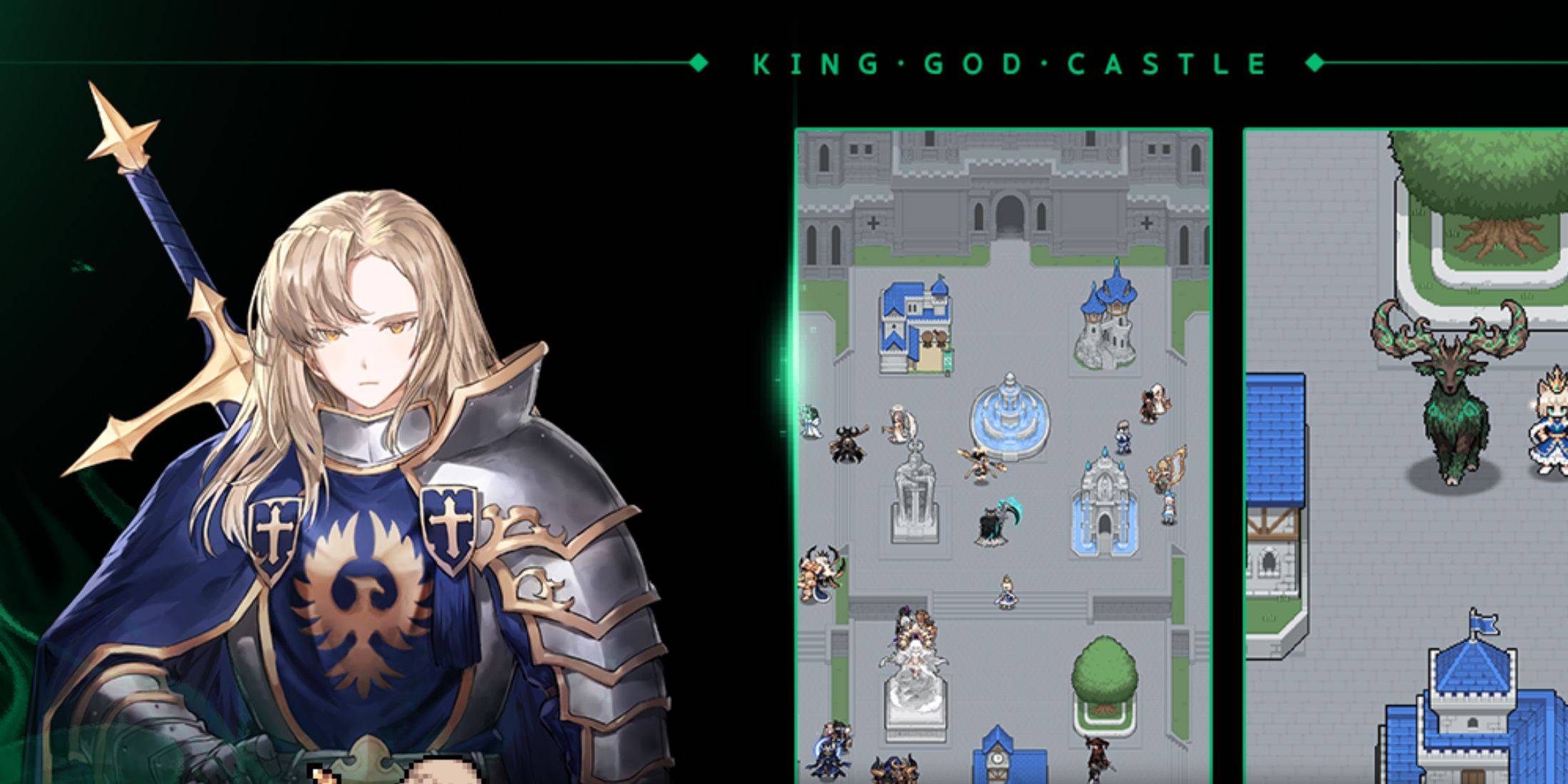
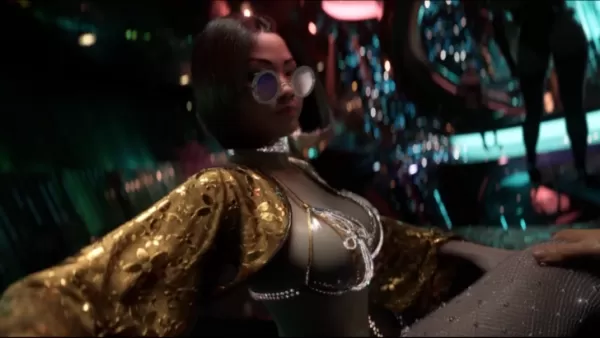

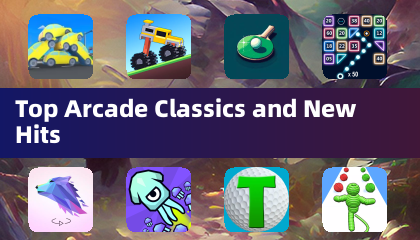



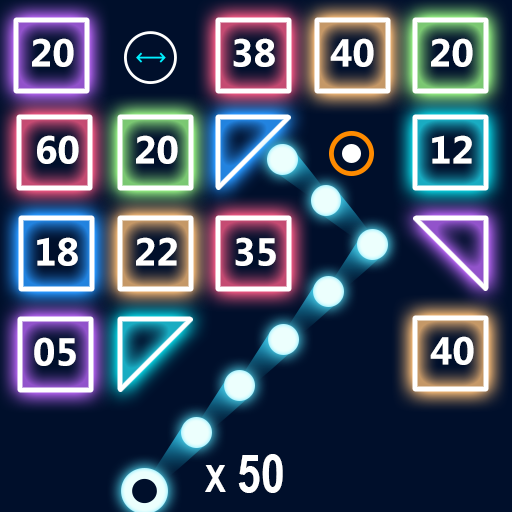
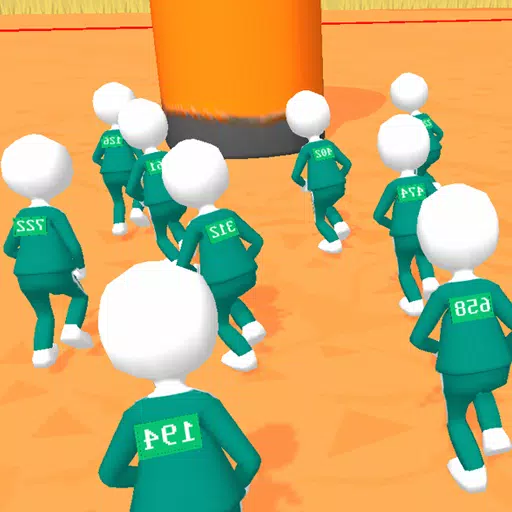
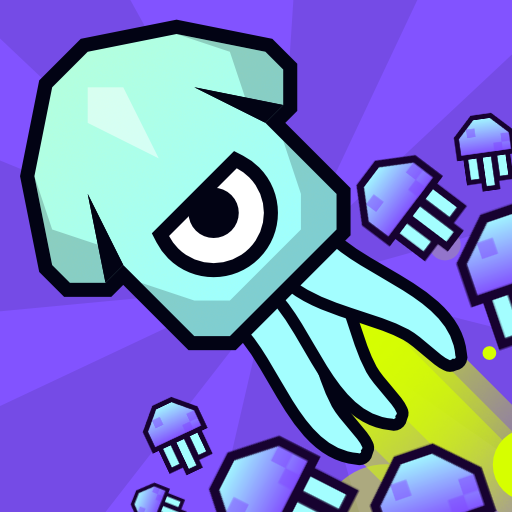

 Latest Games
Latest Games


